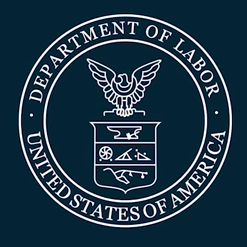U.S. Department of Labor: A Resource for Pregnant or Nursing Workers
Federal Employment Protections
Federal employment protections for pregnant or nursing workers include:
- Employers are prohibited from refusing to hire a woman because of pregnancy, as long as she can perform the major functions of her job.
- A pregnant applicant or worker may not be treated differently from anyone else.
- If an employee is temporarily unable to work, an employer must treat her as any other temporarily disabled employee.
- If an employer requires all employees to submit a doctor’s statement concerning their inability to work before paying benefits or granting leave, the employer may also require pregnant employees to do the same.
- Any health insurance provided by an employer must cover pregnancy-related expenses; just as any other medical conditions are covered.
- Employees on leave for pregnancy-related conditions must be treated the same as anyone else for accrual and crediting of seniority, vacation calculation, pay increases, and temporary disability benefits.
- Nursing mothers must be provided reasonable break time to express breast milk or nurse her child for one year after the child’s birth.
- A place, other than a bathroom, that is shielded from view and free from intrusion from others must be provided for a nursing mother.
State Employment Protections
Individual states may pass laws that give specific protections and rights to workers, but state laws may not reduce or limit the protections provided by federal laws. You can learn specific details on your state’s laws by visiting the U.S. Department of Labor’s website.
Learn More
Get more resources on this topic by visiting Project E3’s resource database.


